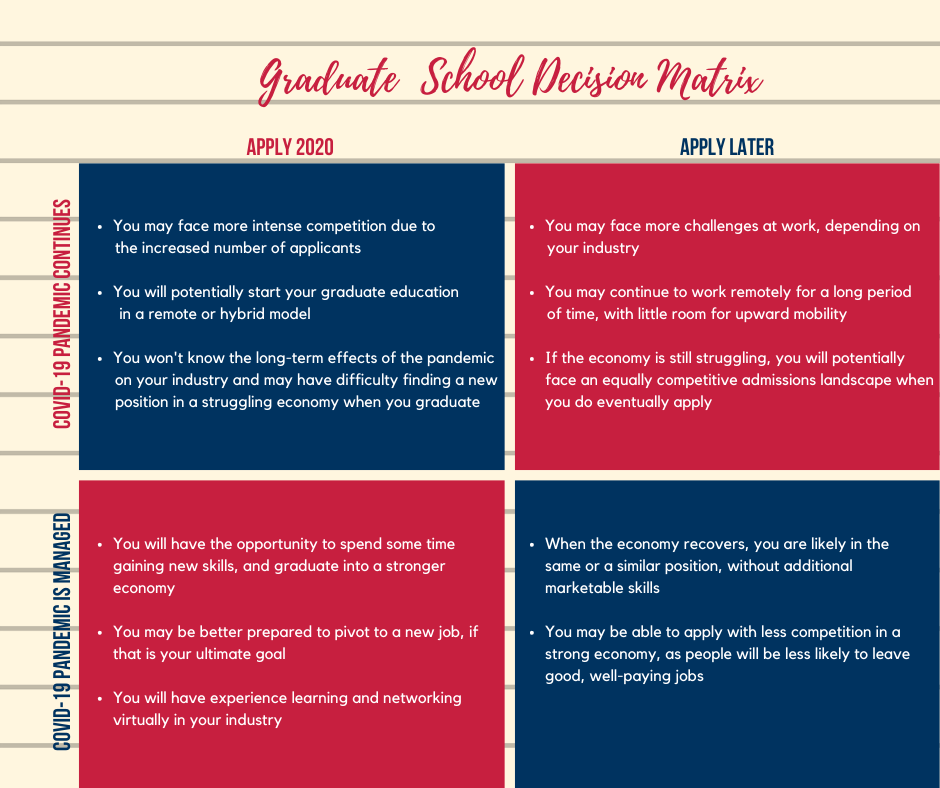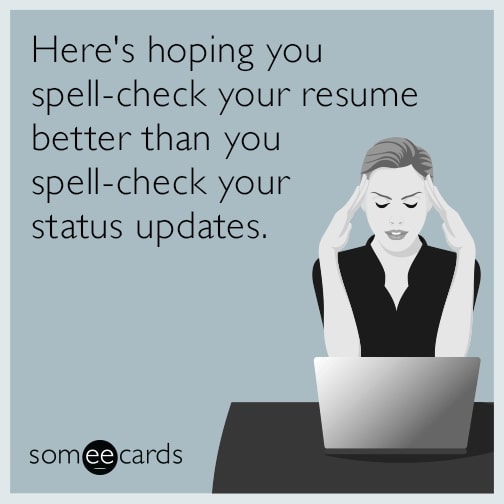It’s the first full week of summer for most high school students, and we know some teenagers are asking themselves: what am I going to do this summer? If you’re still trying to make plans, we’re here to help! We’ve curated a list of last-minute jobs and internship postings in the DC region; universities still accepting students for pre-college programs; and exciting overseas travel opportunities.
Jobs and Internships
Get your feet wet in the maritime industry (Manassas, VA)
Are you interested in naval engineering or architecture? If so, this might be the internship for you! Hepburn and Sons is a small, veteran-owned business that provides consulting services for ships. They are currently looking for a high school intern to work on-site during the summer months. In addition to office tasks, you’ll get the chance to review documents, conduct research and put together presentations. Click here to view eligibility requirements and apply.
Become a Kid Kare attendant at George Mason University (Prince William, VA)
Spend your summer playing sports and leading arts and crafts! George Mason University Freedom Aquatic and Fitness Center on the Science and Technology campus is hiring part-time Kid Care attendants for the summer. Flexible scheduling is possible, but applicants should be available on Monday, Wednesday, and Friday mornings. This is a great opportunity for students considering a career in education.
Teach kids to swim at Goldfish Swim School (Reston, VA)
If you’re a strong swimmer who’s always wanted to coach, why not become a swim instructor for the summer? At Goldfish Swim School, you’ll help elementary and middle school students gain their confidence in the water while having fun. Plus you’ll have the chance to earn your lifeguard certification.
Note: there are multiple Goldfish Swim School locations throughout northern Virginia. Click here to see job openings in Alexandria and Falls Church.
Care for pets at a local animal hospital (Fairfax Station, VA)
This is an exciting part-time job for animal lovers and those who are thinking about a future in veterinary science. Crosspointe Animal Hospital is looking for a kennel assistant (age 16+) who can walk dogs, monitor patients, assistant with cleaning duties, and more. There are flexible morning and evening shifts available, but you must be able to work weekends and holidays, too! A job description and application link is available here.
Join a political campaign (Bethesda, MD/ remote)
Have you ever dreamt of a future in politics? Are you interested in learning more about the election process? If so, apply to become a political campaign intern this summer! Hans Riemer for County Executive (Montgomery County, MD) is looking for dedicated teens to join the campaign trail- virtually and in-person. Interns will work in one of five departments: Social Media & Communications, Organizing, Research & Policy, Finance & Political, or Direct Voter Contact and will learn fundamental skills from experts in the field. No experience is necessary, but you must be willing to work at least ten hours per week.
Note: this position was just posted yesterday and is only accepting applications until Friday June 17. Apply now!
Are you interested in taking academic enrichment classes this summer?
Many colleges and universities across the United States offer summer pre-college courses for high school students. Although many deadlines have passed, there are still some great programs accepting applications for virtual and in-person classes.
American University High School Summer Scholars
Kode with Klossy @ Barnard College
Have you caught the travel bug?
We’re all eager to travel again, so if you’re thinking about planning a last minute trip this summer, why not turn it into a cool academic experience? There are plenty of overseas options for teens, whether you’re interested in language immersion, cultural enrichment, the arts, sports training, etc.
Smithsonian Student Travel - Various summer trips are offered for high school students in Alaska, Central and South America, and Europe.
The TASIS Summer Programs- Residential programs are available in England, Switzerland, and Switzerland for students of ALL ages.
Summer at Oxford (England)- This program is geared toward high school students preparing for university who want to spend the summer studying at one of the most prestigious universities in the world.
Summer in Switzerland- Residential programs are available in the Swiss Alps for students of all ages. There is a variety of academic, sports, and artistic offerings.
Putney Student Travel- These worldwide programs allow students to focus on a particular career path, language immersion, or service-oriented opportunity.
We can help!
If you need assistance with last minute summer applications, resumes, or cover letters, book an appointment with an essay coaching professional at DC College Counseling.















